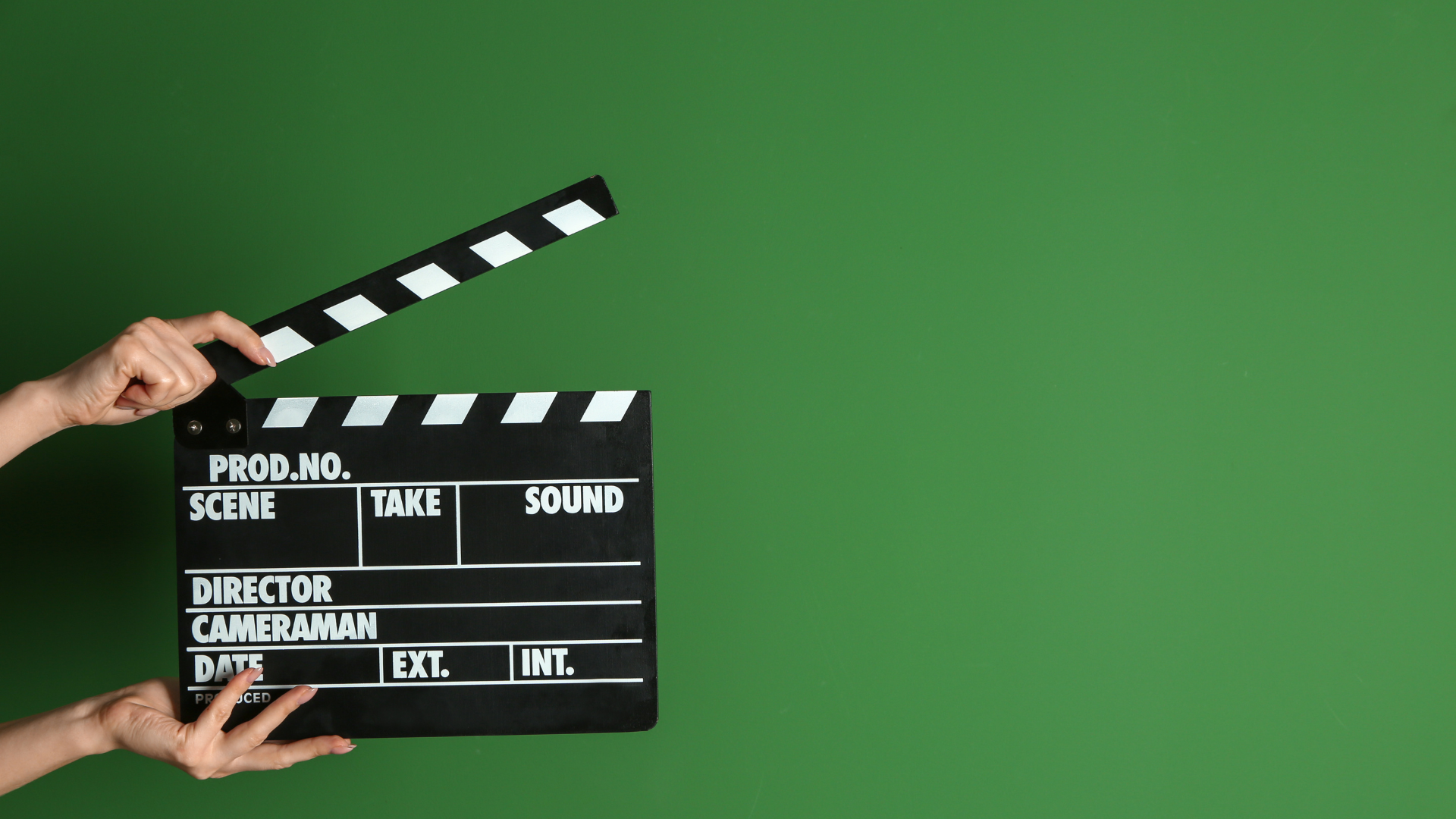3 Monks
“One thing you probably remember well is anytime you forgive and forget. -F.P. Jones
I got my feelings hurt from a letter, and a non-letter. My attention got stuck somewhere between the land of "poor me", and "what did I do to deserve this"?
A garden variety upset.
With my stuck attention, my mind looping around a wrong committed or a right negated, is a chance to reconcile the humanness of an error, being blamed, stinking thinking or just feeling neglected.
I hope I am the only one who gave free service and never hears a word from the person again. Where a note, e-mail, or call was never returned. The term now is being “ghosted.”
What happened? What did I do?
Where am I not returning communication?
Who haven’t I thanked?
Here I am with my attention trapped, wondering what the other person is doing with the metaphorical ball I tossed at them.
There’s a story of two monks who had taken vows of chastity on a pilgrimage. They came to a stream where a prostitute sat, wanting to cross the stream. One of the monks obliged, picked up the woman and carried her across the stream. He placed her down and the two monks continued the pilgrimage. That evening as they prepared their meal, one monk spoke.
“Brother I cannot believe you carried that wanton woman across the stream.”
The other monk replied, “Are you still carrying her?”
Well I was still carrying.
There is a process I learned from a weekend seminar called ReSurfacing that oils one’s attention so it can slip off any fixation and return to the land of freedom. It requires a sincere effort, and it works every time.
I worked on the exercise and got my freedom back. But what about that lost relationship?
This time I got creative and hopefully humorous. I decided to write a story. Or find a metaphor, a cartoon, a fable, or a legend, while owning 100% of the experience and really, really wanting the other person to be free of any guilt, shame, upset, and once again become a friend. Here is a little of what I wrote.
Dear Friend,
Please forgive me, I took part in ‘second party gossip’, I thought I was saying what the as is, is. But I was wrong. I went to one of the new gods of cyberspace, Google, and found an article on gossip so I am clearer on the gossip process. Please do not take this as a lesson from me to you, merely an observation to a
friend, and a wish to clean our slate with some humor.
There were three pastors who were sharing stories together.
The first one said "I have a serious problem with lust."
The second one said "I hear you brother. I have a terrible
problem with greed and stealing.
The third one said "I have a problem with gossip, and I can't wait to get out of here and tell someone about you two!"
Your Friend Gary C.




















